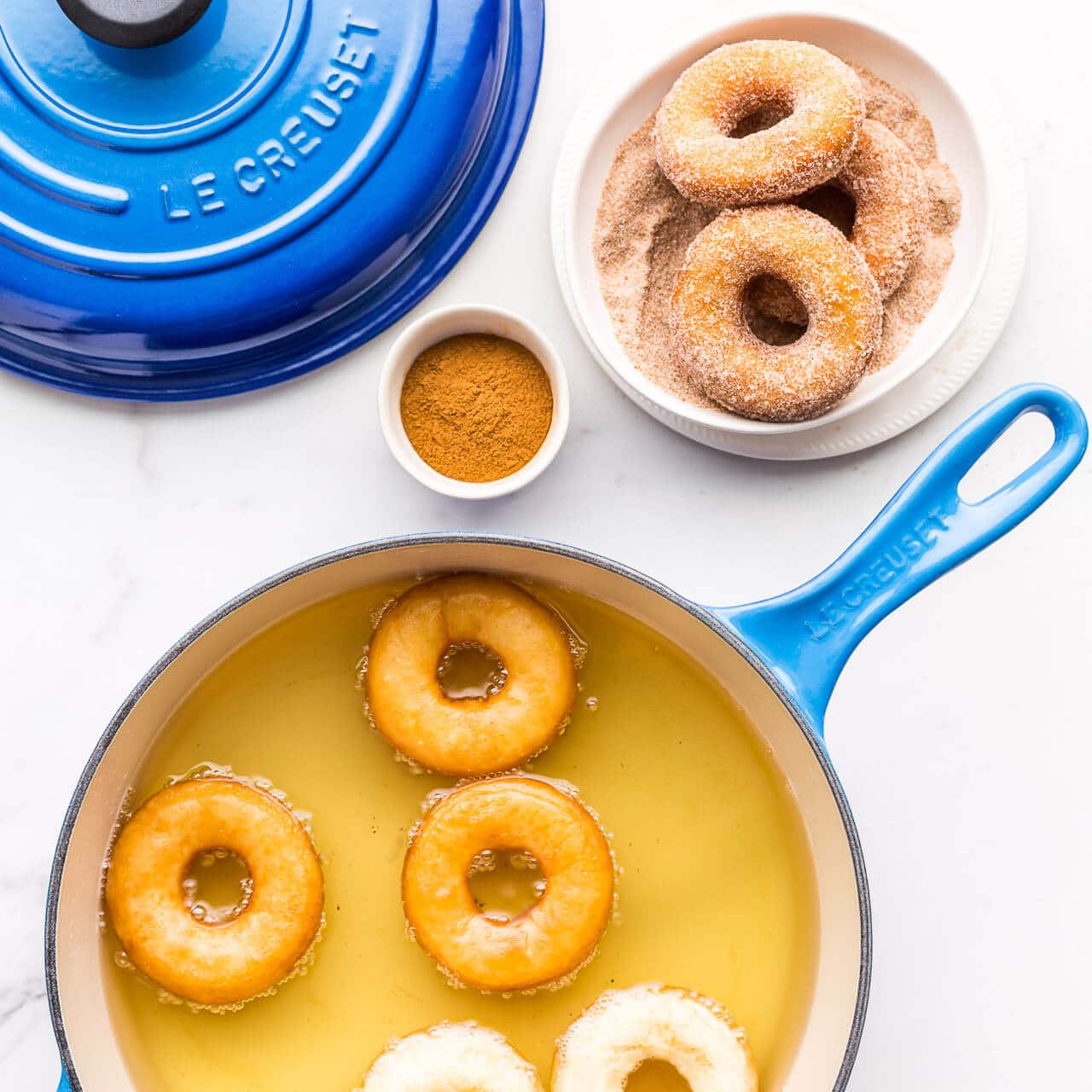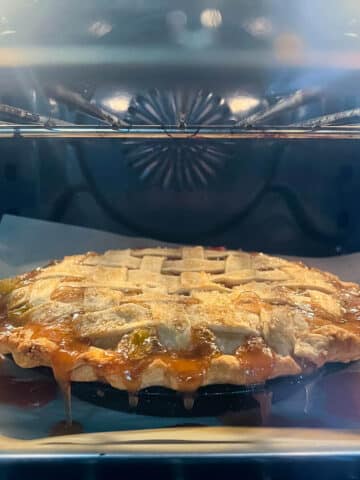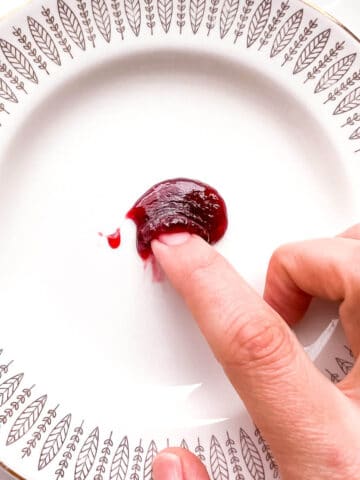In North America, most groceries stores carry baking powder that is double-acting. But why do some recipes recommend single-acting baking powder and what is the difference?
What is baking powder
Baking powder is a chemical leavener that is sold in grocery stores. It's a mixture of baking soda (sodium bicarbonate) and an acid or two. Baking powder also may contain starches or anti-clumping agents that protect the powder from moisture.
When baking powder comes in contact with water and/or with the heat of the oven, the powder will react to release carbon dioxide, a gas that helps your baked goods rise.

What is single-acting baking powder
Single acting baking powders are actually fast-acting baking powders, meaning they react fairly quickly and react when hydrated. They don't need heat to help them do their job of producing carbon dioxide to help baked goods rise.
Single acting baking powder is made of sodium bicarbonate and an acid. At home it could be cream of tartar. Commercial products may use other acids in their products.

What is double-acting baking powder?
In North America, grocery stores tend to sell double-acting baking powder almost exclusively. Though the name makes it sound like there might be two acids instead of one, actually in some cases, there's only one acid, but that acid requires heat to fully react.
Magic Baking Powder sold in Canadian grocery stores is made from sodium bicarbonate and mono-calcium phosphate, so contains only one acid. When the product is mixed into cake batters, it's hydrated, which starts the reaction. But it doesn't react fully and requires heat to react more. It's a double-acting baking powder.
When do you use single-acting instead of double-acting baking powder?
Sometimes single acting baking powders are used because they react faster. Here’s an example: donuts made with double acting or slow acting baking powder tend to crack on the outside when you deep fry them because the baking powder requires heat to react fully and by the time it does, the surface has already begun to set in the hot oil. Cracks form as the baking powder reacts, leading to a cracked exterior.
To avoid those cracks, some bakeries (and donut makers) will actually use a fast acting (single acting) baking powder so that it reacts sooner, at room temp, before the surface hits the hot oil and sets. The outside of the donut should fry smooth, without cracking by using a single-acting baking powder instead of a double-acting product.

When do you use double-acting instead of single-acting baking powder
Double-acting baking powder is especially popular with restaurants, cafeterias, and bakeries because the product allows you to mix it into cake batters and cookie doughs and hold the mixture so that you can delay baking it.
Under normal conditions, if you used a single-acting, fast-reacting baking powder, the baking powder reacts right away once it's mixed into cake or muffin batters. You have to bake the recipe as soon as it's mixed to take advantage of the gases that are forming the moment they are mixed. A delay would mean the baking powder is used up and your cakes and muffins may not rise to their full potential.
Bakeries favour using double-acting, slow-reacting baking powders because they give the baker flexibility to mix the batter one day and bake it the next, without the baking powder reacting and losing potency.
So while you should be able to use single-acting or double-acting baking powders interchangeably, there are some instances where you might want to favour one over the other.






Jas says
Hiya, made some muffins 2 days ago and they all went a little flat…no dome.
I’ve just literally seen and learnt about the double acting powder now scrolling through on the news apps. I was wondering in some of the brands I’ve seen for the uk they have a sodium acid pyrophosphate. What is that? Is it dangerous? And is it ok to consume in baking amounts? Example, if your using a teaspoon of the double acting powder, would that quantity be ok? Thank you. ☺️
Janice says
Hi Jas, Baking powder is formulated to be safe to eat so you should not worry about adding 1 teaspoon of baking powder to a batch of cookie dough.
Jacquelyn says
I want to make Springerle cookies, but can’t buy heartshorn, and recipe must be gluten free and dairy free. I know dairy (acid) helps with rise, but assume rice milk and soy milk subs will not provide this. Please help, what is the best subs for heartshorn (& ratio) and best dairy subs that will also aid the chemistry to help the raising agent reaction. Thanks.
Janice says
Hi Jacquelyn, your best bet would be to try baking soda (sodium bicarbonate). But without seeing the recipe, I can't tell you how much to use... I hope this is helpful.